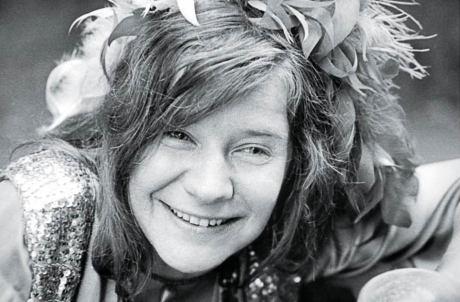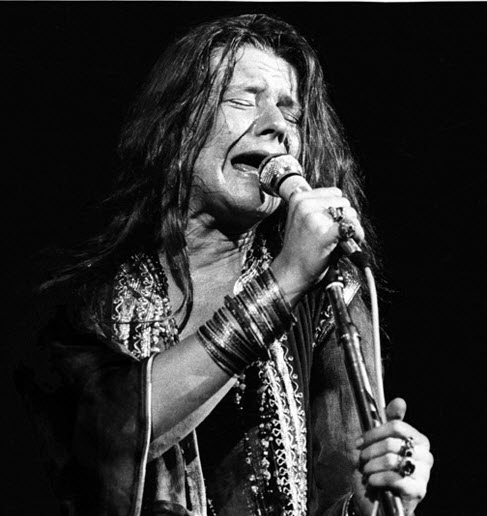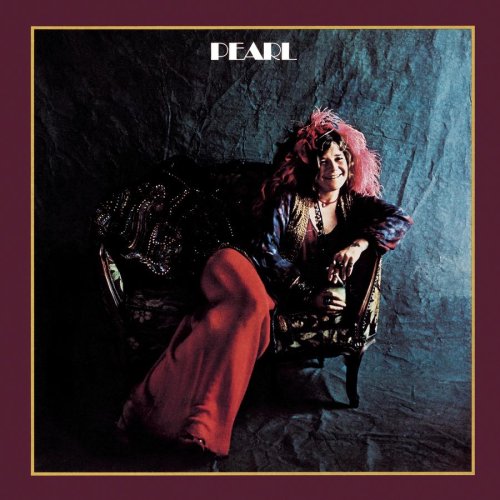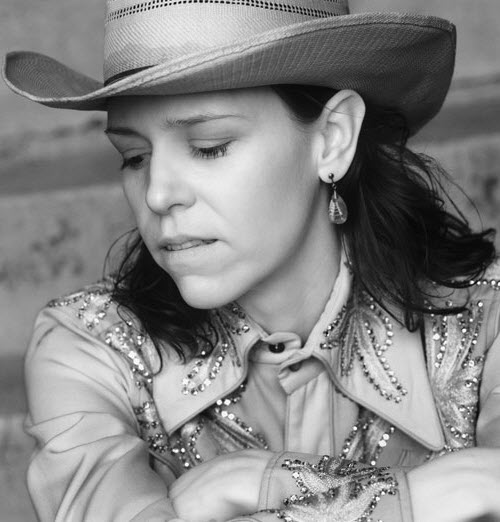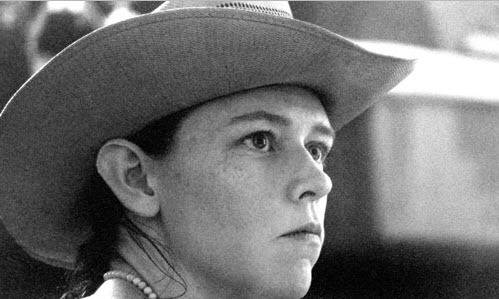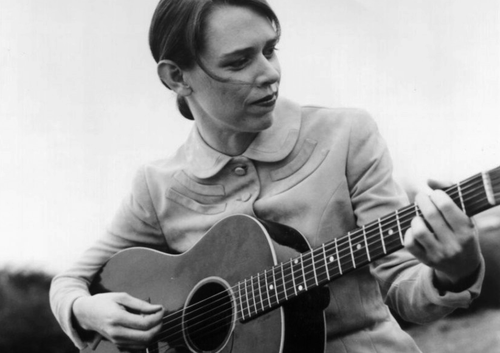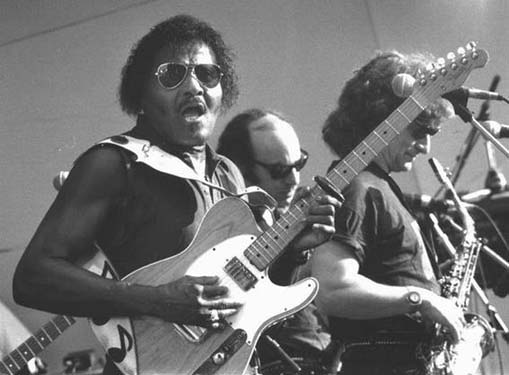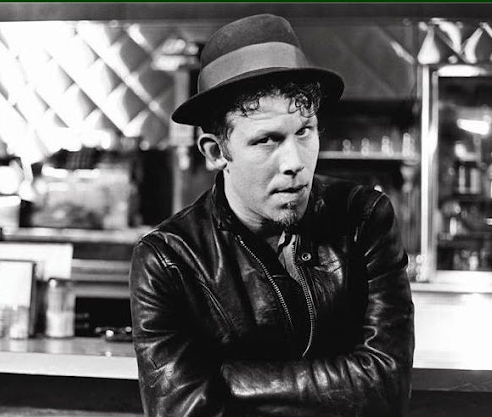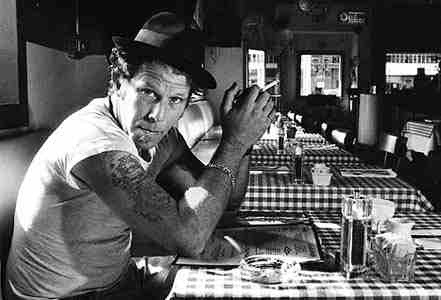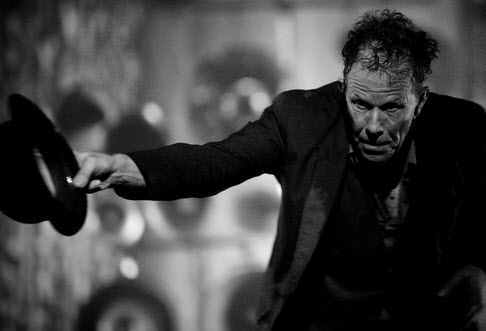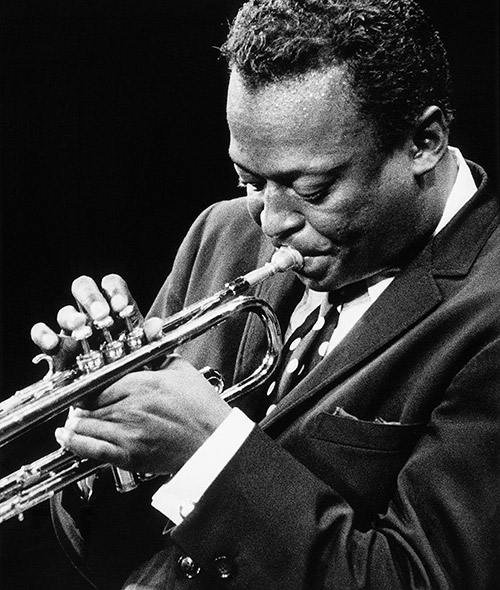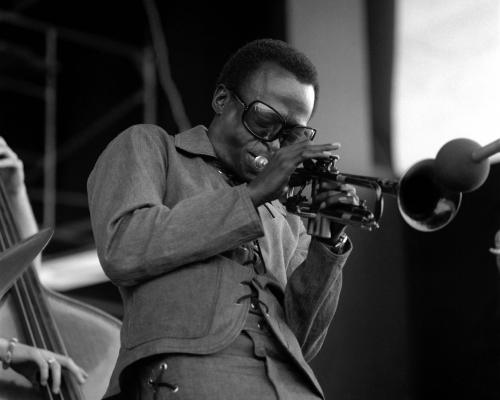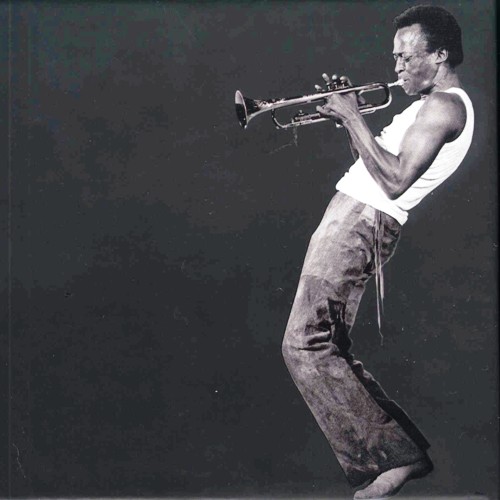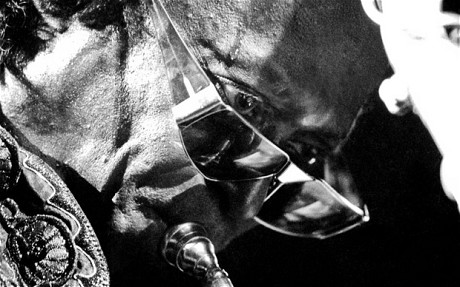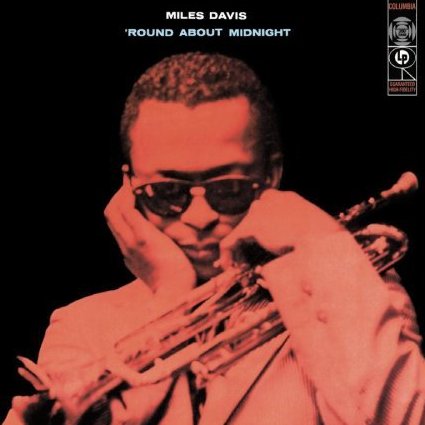On stage I make love to twenty five thousand people; and then I go home alone.
You know why we’re stuck with the myth that only black people have soul? Because white people don’t let themselves feel things.
From Wikipedia:
| Birth name | Janis Lyn Joplin |
|---|---|
| Also known as | Pearl, Mary Jane |
| Born | January 19, 1943 Port Arthur, Texas, United States |
| Died | October 4, 1970 (aged 27) Hollywood, California, United States |
| Genres | Blues rock, soul, psychedelic rock, acid rock, country, folk,hard rock, jazz blues |
| Occupations | Singer, songwriter |
| Instruments | Vocals, guitar, auto-harp, harmonica, piano, percussion |
| Years active | 1962–1970 |
| Labels | Columbia |
| Associated acts | Big Brother and the Holding Company Kozmic Blues Band Full Tilt Boogie Band Grateful Dead |
Janis Lyn Joplin (January 19, 1943 – October 4, 1970) was an American singer-songwriter. Joplin first rose to prominence in the late 1960s as the lead singer of the psychedelic-acid rock band Big Brother and the Holding Company, and later as a solo artist with her more soulful and bluesy backing groups, The Kozmic Blues Band and The Full Tilt Boogie Band. She was one of the more popular acts at the Monterey Pop Festival and later became one of the major attractions to the Woodstock festival and the Festival Express train tour.
Janis Joplin charted five singles, and other popular songs from her four-year career include “Down On Me“, “Bye, Bye Baby”, “Coo Coo”, “Summertime“, “Piece of My Heart“, “Turtle Blues“, “Ball ‘n’ Chain“, “Try (Just A Little Bit Harder)”, “Maybe“, “To Love Somebody“, “Kozmic Blues“, “Work Me, Lord“, “Move Over”, “Cry Baby”, “A Woman Left Lonely”, “Get It While You Can”, “My Baby”, “Trust Me”, “Mercedes Benz“, “One Night Stand”, “Raise Your Hand” and her only number one hit, “Me and Bobby McGee“.
Joplin was well-known for her performing abilities, and her fans referred to her stage presence as “electric”. At the height of her career, she was known as “The Queen of Rock and Roll” as well as “The Queen of Psychedelic Soul”, and became known as Pearl amongst her friends. She was also a painter, dancer and music arranger.
Rolling Stone magazine ranked Joplin number 46 on its list of the 100 Greatest Artists of All Time in 2004, and number 28 on its 2008 list of 100 Greatest Singers of All Time.
The party’s all over
Drink up and go home.
It’s too late to love her
And leave her alone.
~Kris Kristofferson (Epitaph (Black and Blue))
Joplin’s death in October 1970 at the age of 27 stunned her fans and shocked the music world, especially when coupled with the death just sixteen days earlier of another rock icon, Jimi Hendrix. Music historian Tom Moon wrote that Joplin had “a devastatingly original voice”. Music columnist Jon Pareles of the New York Times wrote that Joplin as an artist was “overpowering and deeply vulnerable”. Author Megan Terry claimed that Joplin was the female version of Elvis Presley in her ability to captivate an audience.
Cry Baby – Live 1970:
Summertime (Live Gröna Lund 1969):
Album of the day – Pearl (1970):
From allmusic – Steve Huey:
Janis Joplin‘s second masterpiece (after Cheap Thrills), Pearl was designed as a showcase for her powerhouse vocals, stripping down the arrangements that had often previously cluttered her music or threatened to drown her out. Thanks also to a more consistent set of songs, the results are magnificent — given room to breathe, Joplin‘s trademark rasp conveys an aching, desperate passion on funked-up, bluesy rockers, ballads both dramatic and tender, and her signature song, the posthumous number one hit “Me and Bobby McGee.” The unfinished “Buried Alive in the Blues” features no Joplin vocals — she was scheduled to record them on the day after she was found dead.
.. read more @ allmusic
Other October 4:
Continue reading Today: Janis Joplin passed away in 1970 – 42 years ago

